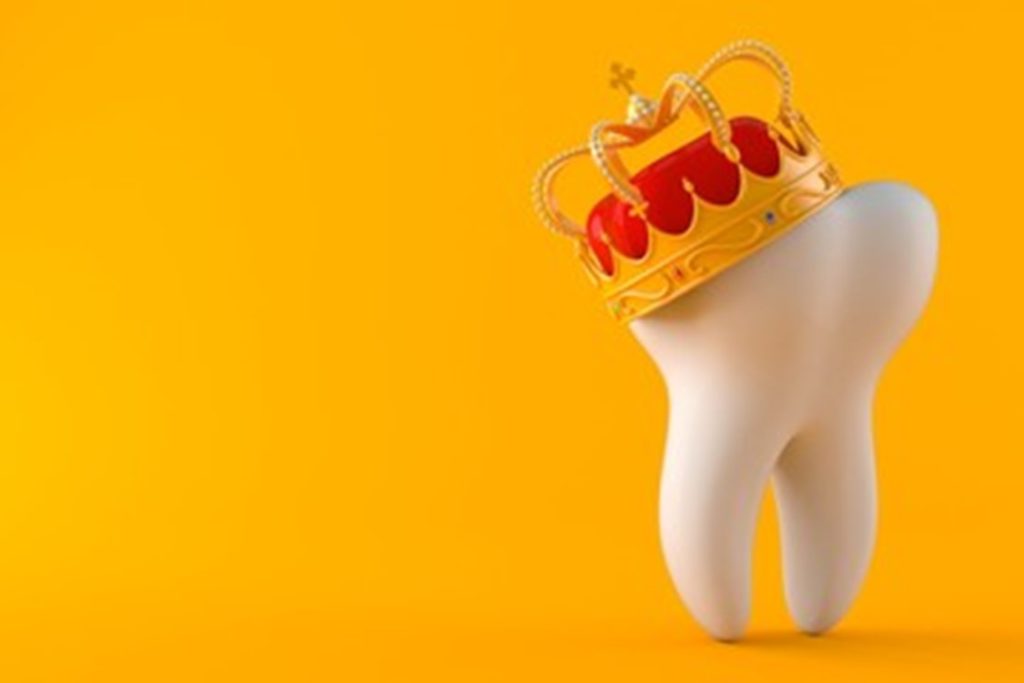
If your dentist has informed you that you’re going to need a dental crown, you might be a little concerned. Although this treatment is obviously meant to help restore your compromised tooth, you might not know what to expect after receiving your crown. But there is absolutely nothing to worry about! Here are four things you can expect to deal with after receiving your new dental crown, and some ways for ensuring that your crown does its job.
#1. Numbness After the Procedure
If your dentist needs to use a local anesthetic during the procedure, the numbing effect might still be present for several hours after the dental appointment. However, this is completely normal! That said, it’s important to be mindful of your mouth; you can still unknowingly bite or burn yourself, so it’s advised that you avoid drinking hot liquids or chewing hard foods during this time.
#2. Mild Sensitivity or Discomfort
Most patients experience some pain or discomfort in the affected area of the mouth following the procedure, but this typically improves after several days without any assigned treatment. You might also have some bruising and inflammation at the site of the anesthetic injection, particularly on the lower jaw. Store-bought painkillers such as Ibuprofen can help to manage any pain you might experience. In some cases, a topical anesthetic gel can also be applied. If your pain or discomfort remains after several weeks, contact your dentist immediately.
#3. Caring for Your Temporary Dental Crown
Many patients who need a dental crown will receive a temporary crown to wear prior to receiving their permanent one. This temporary crown requires special care and attention, as it’s quite fragile and easily displaced! Avoid sticky or chewy foods, as well as hard foods that could damage or disrupt it. Try to chew most foods on the opposite side of the mouth from the crown, and also avoid flossing next to it.
#4. Oral Care During Recovery
Once your permanent crown has been placed and the anesthesia has worn off, you can proceed to eat normally—but it’s important to continue showing caution when eating hard or sticky foods, to help prolong your crown’s lifespan. Additionally, you should practice good oral hygiene! Crowns are still susceptible to tooth decay, particularly along the gum line of the abutment tooth. Brush your teeth with fluoride toothpaste twice a day and carefully floss.
As with any sort of restorative dental treatment, ensuring that your solution lasts for as long as possible is the goal. Knowing what to expect following dental crown placement can help you to preserve your crown and in turn, your smile.
About the Author
Dr. Darren G. Koch has proudly served patients and families in the Cary area for several years! Dr. Koch completed his dental doctorate at the University of Buffalo and is a member of many professional organizations including the American Dental Association, the North Carolina Dental Association, and the American Academy of Cosmetic Dentistry among others. Dr. Koch is committed to providing the highest level of patient care available and would be happy to assist you with your dental needs. Feel free to contact him online or give him a call: (919) 859-6633.






